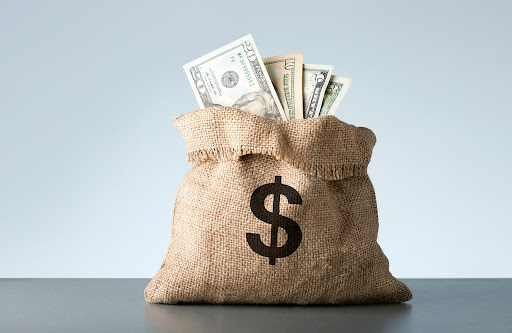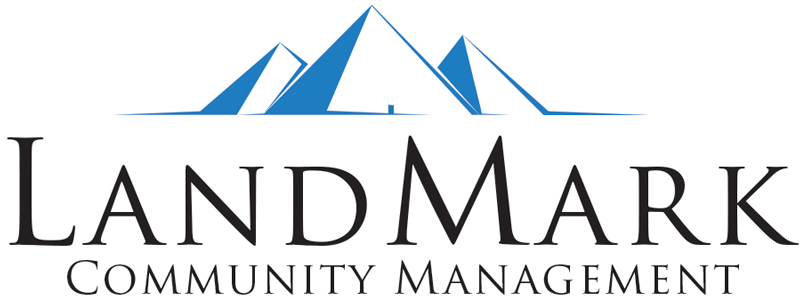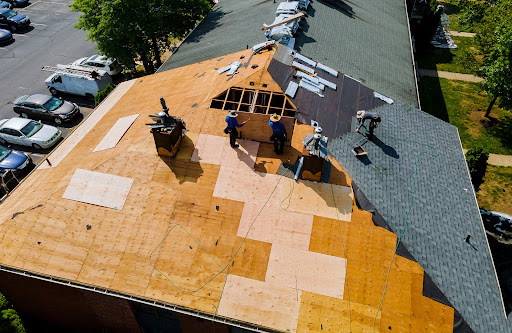At one point or another, a homeowners association will encounter the need for HOA capital improvements. Many board members, though, don’t know the first thing about capital improvements and how to handle them.
What Are HOA Capital Improvements?
Capital improvements are substantial upgrades or new construction that increase the value or prolong the lifespan of HOA property. However, it is important to note that one association’s definition of capital improvement may differ from another’s definition.
State laws don’t always define capital improvements, if at all. As such, HOA boards should turn to their governing documents for guidance. More often than not, the CC&Rs and bylaws of an HOA will contain the definition of the term.
What Is the Difference Between Maintenance and Capital Improvements?
Maintenance and capital improvements are similar, which is why many homeowners use the terms interchangeably. However, they are not the same.
Homeowners association capital improvements refer to significant alterations, modifications, or additions to HOA property. These improvements affect the value of a property positively. They also extend the useful life of an asset by upgrading it. A good example is the addition of a new amenity or the installation of solar panels.
Maintenance and capital improvements are similar, which is why many homeowners use the terms interchangeably. However, they are not the same.
In comparison, HOA maintenance refers to smaller maintenance or repair projects. It can cover ongoing or routine maintenance and infrequent maintenance that does not significantly alter HOA property. Examples of maintenance include sealing a leaky roof, cleaning HVAC systems, and retiling a swimming pool.
Again, you must keep in mind that your governing documents may have a different definition of capital improvement. You must review your CC&Rs and bylaws so that your board remains within the scope of your authority. That said, both maintenance and capital improvements should be a part of HOA long-term planning.
Who Pays for HOA Capital Improvement Projects?
In general, homeowners associations obtain funding from a single source: the homeowners. Homeowners, also known as members, must pay dues and assessments to the association. Nonpayment of these fees can result in a myriad of consequences, including but not limited to late fees, suspension of privileges, liens, and even foreclosure.
HOA capital expenditures are also funded through homeowner fees. An HOA board should plan out the capital improvement in advance and include it in the annual budget. That way, the board can secure funding for the improvement through regular dues.
Some associations establish and maintain an HOA capital improvement fund. This fund is specifically used for capital improvement projects when necessary, with homeowners making regular contributions to this fund as well.
However, both scenarios are not always possible for all associations. A capital improvement project may be needed out of the blue. For some reason, an HOA board may also neglect to include it in the annual budget. The board can obtain funding through special assessments, loans, or the reserve fund in such cases.
Special Assessments
If there is no HOA capital improvement fee in place, the board may levy special assessments to cover the cost of the expenditure. Remember that state laws and governing documents may also come into play when it comes to special assessments.
For instance, in California, HOAs are only allowed to impose a special assessment of up to 5% of the budgeted gross expenses of the association. Anything beyond that will require membership approval. Similar restrictions may exist in your governing documents.
Loans

Depending on state laws and the governing documents, an HOA may take out a loan to help pay for capital improvements. Of course, the association would still need to settle the loan with the lending institution. That will also come from homeowner dues and assessments. However, the benefit of a loan is that an HOA can access funds immediately, whereas homeowners may not have the financial capacity to pay special assessments in a lump sum.
HOA Capital Reserve Fund
In some cases, an HOA board may use the association’s reserves to pay for capital improvement projects. However, the reserve fund is generally allocated towards major repairs and replacements of the association’s assets once they end their useful life. Strictly speaking, a capital improvement may not fall under this definition.
Does the Board Need Approval for HOA Capital Improvements?
Some states have restrictions on what the board can do regarding capital improvements. For example, an HOA board may need approval from the membership for any improvements beyond a certain dollar amount or a percentage of the budget.
In Texas, an HOA board must only consider or vote on the construction of capital improvements at open board meetings (Texas Property Code Section 209.0051). However, these do not include repairs, replacements, or enhancements of existing capital improvements.
Apart from state laws, the board should also check the governing documents. The CC&Rs and bylaws may contain provisions that limit the board’s ability to approve capital improvements.
Can Homeowners Privately Pay for HOA Capital Improvements?
Generally, capital improvements in an HOA may be privately funded. This means a homeowner can donate money to the association to pay for additions or enhancements. For example, an owner may wish to privately pay for new playground equipment or the expansion of an existing parking lot.
Again, it is best to check your governing documents for the requirements and procedures related to private funding. Even if a homeowner donates money to the association, that does not mean they are exempt from paying regular dues or following the rules.
A Helping Hand
HOA capital improvements play a valuable role in the betterment of a community. However, Navigating the ins and outs of capital improvement projects can be challenging. Hiring an HOA management company is best if your HOA board needs professional assistance.
Landmark Community Management can help HOAs and condos with capital improvements. Call us today at 512-569-5527 or contact us online to learn more!


